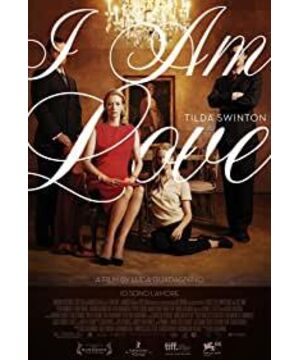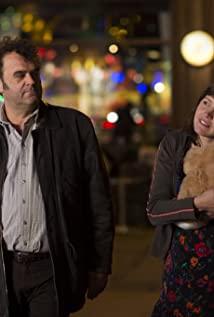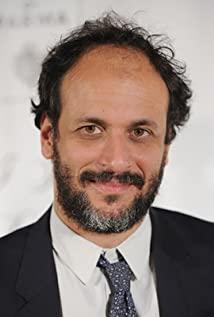Personality. Crazy: Explain that stealing food is called "stealing food"
1. The theme of this film can be summed up in a mainland Teochew phrase: What my mother steals is not love, but nostalgia.
Food reminds Proust of his childhood, but it makes Emma, the Italian lady, rejuvenated and full of lust, because the cook is Antonio, a strong young man—even though he is a friend of his son Edorado. Emma was intoxicated when she was munching on prawns in Antonio's restaurant; she sat on the toilet after her first affair and couldn't help laughing from the bottom of her heart, just like a shy girl who just gave her first time, rich in layers The other actors in the trick are left far behind.
The rawness and authenticity of appetite and passion triumphed in the most opulent cities, decor and clothing. Huayi is to attract people to watch, but what the protagonist really wants is to be naked, to be the most primitive and the most original self with the sky as the quilt and the grass as the seat. In the scene of making love in the mountains, the intertwined flesh is spliced together with the close-up mirror of various insects sucking nectar.
Emma is the daughter of a Russian art restorer and her husband, an art collector, married her to Italy and became the mistress of the Recchi family in the textile kingdom. But she was always an outsider and could only miss her hometown through Russian cuisine. Until I met Antonio. The young daughter did not inherit the family business, but inherited a love for art. She went to London to study art, but realized her sexual orientation. Emma found out unexpectedly, but her daughter seems to be a pioneer, demonstrating to break the routine. One day Emma wanted to visit her daughter to give her a surprise, but when she saw Antonio's trace, she couldn't control her follow-up. She stole a picture album in a hurry.
2. Of course it is very immoral, this unfaithful woman. But Emma betrayed her son more than her husband, probably because her lover was Edo's friend. Anyway, her husband has a lot of schedules and travels frequently, and his relationship has long since been indifferent. Instead, his handsome and ideal son, a perfect child, has been betrayed. The key to the incident was the plate of Russian fish soup, which was originally just a secret recipe cleverly prepared by the mother who loved her son, but was actually obtained by a friend, while he was kept in the dark.
What Edo wanted to say was "even you betray me". He represents the disappearance of traditional values in the era of globalization and the premature death of a new generation of conscientious industrialists. It was the turning point of the century. When the grandfather had his last birthday, he knew that his son would follow the trend of neoliberalism, and made an unusual and abrupt announcement that he would pass on the family business to his son and grandson at the same time, because he still needed Edo, whose temperament is similar to himself, maintains a balance in the family, but it can't be saved. The old Europe finally gave way to the Anglo-Saxon model. The fate of the family is not in Milan, but in London. Investing in real estate finance caters to the general trend of the world, and is also facing the financial tsunami in the next few years.
If it is said that the women in this family are deviant and indulge in love, then it is also a kind of lewdness for men to sell their ancestral property and switch to speculating and selling bubbles. Greed is good; Sex is good; Food is good—all the same. Then Edo, who represents traditional values, can only die in that elegant pool, like a beautiful boy who drowned in Greek mythology.
Experienced film critics love to talk about <
3. Emma not only takes off her clothes, but also her shoes. She was barefoot in Antonio's cabin, in the church after her son's death, and before she ran away from home. That was the first release of the bondage, in exchange for a down-to-earth feeling, flying into the unknown world. She changed her mind to her husband confess in church, and he responded by saying "you don't exist". The Chinese and English translations are the same, which probably means "you better disappear". But she has long since disappeared, and she can only rely on Russian food to preserve a little soul; but nostalgia did not trap her in her memories, but an opportunity to open up the future----I am love, thanks to Antonio's love to restore her existence feel. Since you can't go back, start a new life. That is a woman's neoliberalism. Anyway, the traditional "home" has been sold, and she is just cooperating with the trend of collapse and separation.
I only pity Eva, who just married into a wealthy family and is pregnant with Edo's posthumous child, just like the last fool before the bubble burst; she actually has no one in Recchi's family who cares, like a transparent person, the director is too cruel to her.
View more about I Am Love reviews











